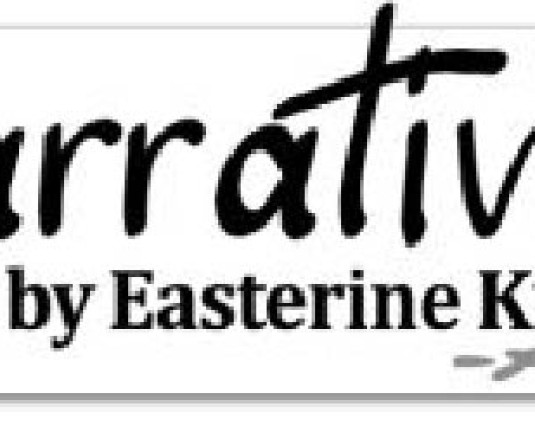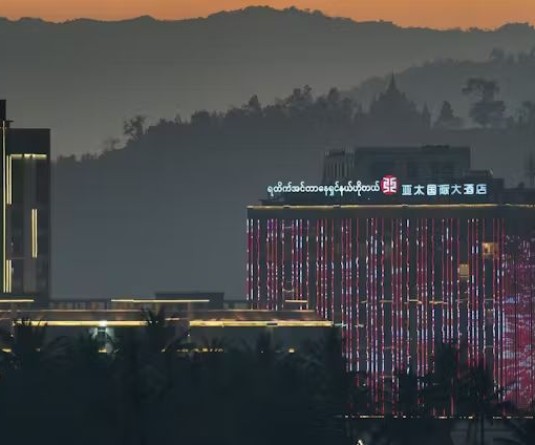
Akangjungla
Women delegates from across the North East region emerged out from the Indigenous Women Forum of North East India (IWFNEI) workshop with a deeper and richer understanding of the centuries-old beliefs that indigenous women needed to talk more about their issues and deal with them for the betterment of the entire community.
Women of the North East region have come together under the aegis of Indigenous Women Forum of North East India (IWFNEI), since the idea was first conceived in 1999 in Guwahati with the intent and determination to strengthen solidarity, promote and increase linkage among the indigenous women’s organization and movement in the North East region. The Forum aims to research documents and publish and disseminate information and develop skills of analysis to understand the issues so that indigenous women can effectively contribute towards the society on various issues regarding indigenous people.
With its mission to enhance and empower indigenous women of North East region through various programme and activities for development, unity, peace and justice, IWFNEI organized a three days workshop (May 8 to 10, 2012) on capacity building and sponsored by Henry Martyn Institute, Hyderabad. IWFNEI is a member of Asia Indigenous People Pact, an organization of Indigenous Peoples’ Movement in Asia.
“One thing we really want is, to be instruments of peace, reconciliation and justice in our society. When we say we want to be peace makers, we want to be instruments where there is conflict,” advisor of IWFNEI, Ayo Aier said today on the concluding day of the workshop. The Forum has been effectively involved in resolving conflicts, including the Dimasa-Karbi conflict; NC Hills Zeme Naga-Dimasa conflict; Karo-Rabha conflict. Keeping in mind that it is the women and children who suffer the most in conflict situations, the Forum meets victims of both parties involved in conflict, organize peace meetings and together send out clear messages to end the violence.
Kheshili Z Chishi, Convenor of IWFNEI and former president of Naga Mothers Association said, “We want to create awareness among indigenous women about our rights so that we will be able to participate in decision making at all levels, from their communities, to the national, and international levels. Our solidarity and heart goes to all our struggling sisters.”
Komoli Mosang, a delegate from Changlang, Arunachal Pradesh who is a delegate in the workshop being held at the Development Authority of Nagaland centre, Dimapur said that indigenous women are the most “realizing people” in the context of women. “We have realized that as long as a woman is submissive, she is appreciated. But when she speaks out and come out of the domestic context, she is suppressed. In today’s context we need woman who has nothing for herself but speaks, interacts and work for fellow women. It is time to go out, talk, motivate, come out with ideas and mobilize more,” she said. Mosang, a former MLA is now a full time women activist working for the upliftment of deprived women through the NGO R.K Mosang Memorial Society.
Pimala Masreing is another delegate who belongs to a community named Tiwa in Nagoan, Assam which has been totally deprived of quality education, transportation, communication, water supply and almost all basic needs for human development. Pimala Masreing said that she wants to be part of the indigenous women movement to learn and go back home with the message of encouragement and bring change in the system back home.
Citing occurrence of powers misused by political parties in Karbi Anglong, Assam, IWFNEI co-convenor, Seema Ronghengpi said that policies are made by State and the Karbis find themselves as “mere rubber stamps.” They are skeptical and alarmed by “empty Memorandum of Settlement.” People are deprived of their rights; she said and added that “As indigenous women we are against this. What is happening to the Karbi people, every struggling indigenous people should take lesson.”
Sharing their own accounts of struggle, all the 26 women participants attending the workshop reaffirmed to “carry each other” and empower indigenous women of North East region for a just and sustainable society.






